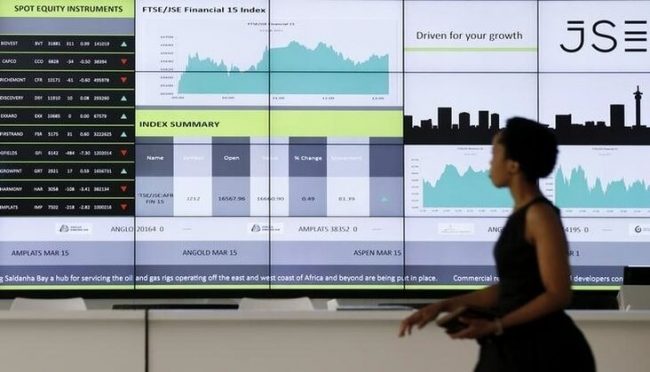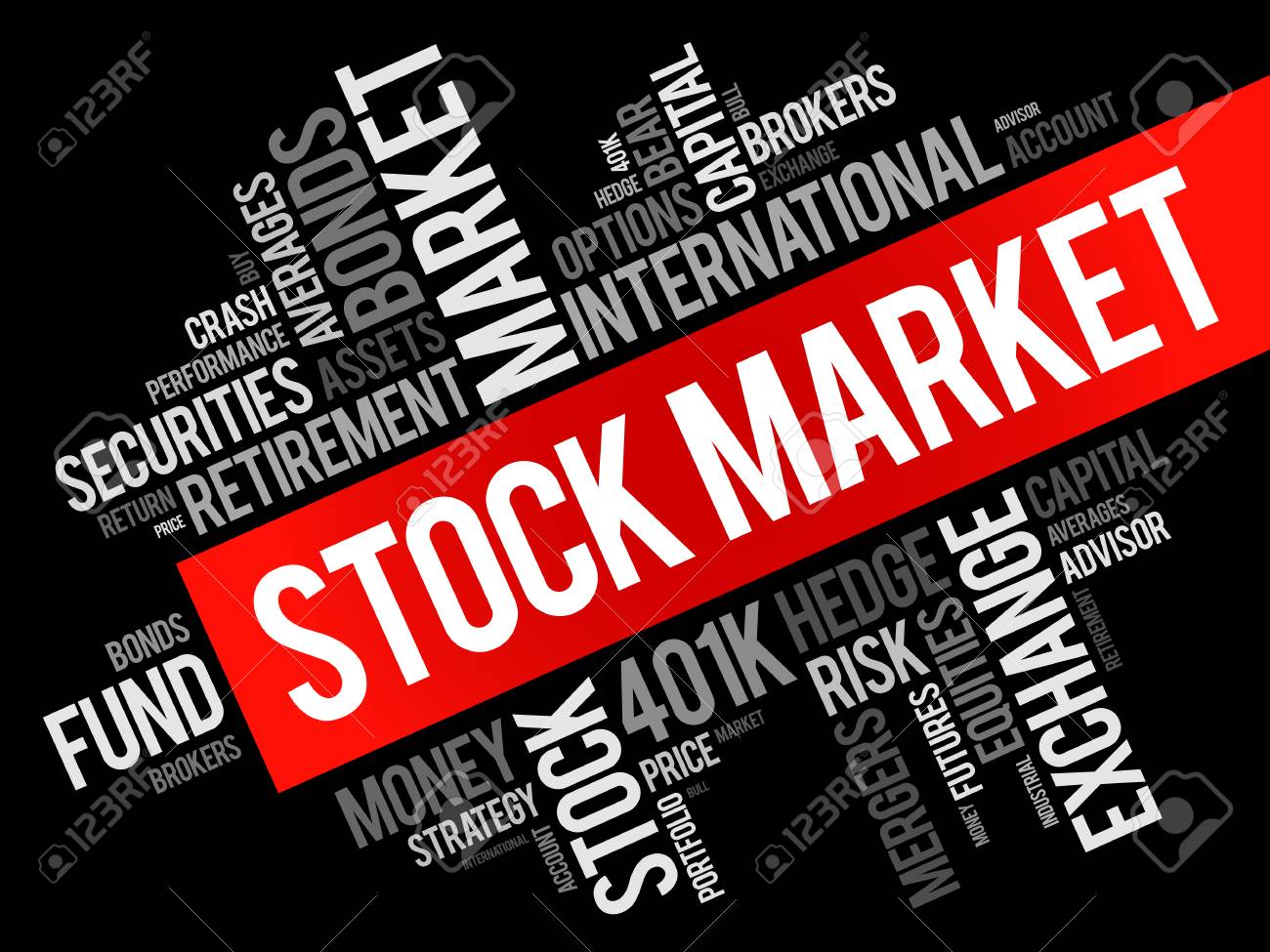The over-the-counter stock market—known as the Pink Sheets—has long been Wall Street’s scruffiest block, home to investment scams, stock in bankrupt companies, and shares that trade for pennies. Now some fancier names are moving in. Deutsche Telekom, French bank BNP Paribas, and pay-TV operator British Sky Broadcasting Group are among the most recent additions, bringing the Pink Sheets’ roster of well-established foreign companies to 108.
By listing on the Pink Sheets rather than the New York Stock Exchange, foreign companies get access to American investors at less cost and without having to follow most U.S. securities rules. While these companies may improve the reputation of the Pink Sheets, plenty of others merit caution. “The Pink Sheets traditionally have been more of a free-for-all,” says Eric Pan, a professor at Benjamin N. Cardozo School of Law in New York. “You’re playing with the big boys, and you need to be savvy.”
Even R. Cromwell Coulson, the chief executive of Pink OTC Markets, operator of the Pink Sheets, says most of the companies listed on his Pink Sheets aren’t “investable.” Named for the pink paper once used to print stock prices, they include many stocks too financially distressed or secretive to meet major-exchange standards. Pink OTC Markets puts skull-and-crossbones warning symbols next to listings that are the subject of spam e-mail promotions. More than a third of the companies still provide investors with no information on their operations, according to Pink OTC Markets. Those get a stop sign.

Scams Galore
The Pink Sheets have seen numerous ripoffs. In January, Phillip W. Offill Jr., a former Securities and Exchange Commission lawyer, was the last of 11 individuals convicted in a scam that used false press releases and spam e-mails to promote a virtually worthless over-the-counter stock. In September 2009, a former broker, Eric T. Seiden, pleaded guilty to placing fraudulent orders for $1.8 million in penny stocks.
Over-the-counter stocks can take investors on rollercoaster rides even absent improprieties. KeyOn Communications Holdings’ stock rose 1,722 percent in 2009, based partly on an analyst’s report trumpeting the rural Internet provider’s prospects for federal stimulus dollars and on what KeyOn CEO Jonathan Snyder characterized as improvements in the business. The U.S. Agriculture Dept. rejected the stimulus applications in March, and KeyOn’s stock has fallen 69 percent this year. “The primary reason for these price swings is the lack of institutional research and liquidity in the over-the-counter market,” says Snyder.
Coulson was 30 years old when he and fellow investors bought Pink OTC Markets in 1997. The Pink Sheets were “dark, inefficient, and very dangerous,” he says. They improved trading technology, making price information electronic. In 2007 they sought to bolster the market’s reputation by creating a separate trading platform for larger, well-established companies, OTCQX. To qualify, companies need annual revenue of $2 million and a market value of $5 million. Of 9,622 securities listed on the Pink Sheets, 129 make the grade.
The Passing of Pink?
The decor of the company’s headquarters, in New York’s SoHo neighborhood, reflects the push for respectability. While pink once covered the walls, the color is now visible on some furniture and in thin stripes on gray carpet. If shareholders approve, Coulson says, he plans to drop “pink” from the company name and make it OTC Markets Group.
Roche, the Swiss pharmaceutical company, wanted to increase its visibility to U.S. investors but worried about associating with over-the-counter offerings, says Thomas Kudsk Larsen, head of investor relations in North America. The OTCQX designation addressed those concerns, and the company started trading there in 2007. “By segregating out high-quality companies, we kind of get away from the reputation of the Pink Sheets,” Larsen says.
It costs $15,000 a year to list on the OTCQX, while an initial listing on the NYSE costs $125,000 to $250,000, according to their websites. And OTCQX companies escape costly U.S. rules and reporting requirements, including those in the 2002 Sarbanes-Oxley law enacted in the wake of the Enron scandal. Judy Shaw, an NYSE spokeswoman, declined to comment.
Huge New Player
Deutsche Telekom made the switch from the NYSE in June. “We did that primarily as a way to reduce costs and reduce complexity of financial reporting,” says Nils Paellmann, vice-president for investor relations at the Bonn-based telecommunications company, Europe’s biggest by revenue. Deutsche Telekom previously had to staff a separate department to comply with SEC rules; it expects to save a “double-digit million-euro figure per year,” Paellmann says.
Over-the-counter foreign stocks can use international, rather than U.S., accounting rules in calculating results reported to investors. They also can avoid U.S. rules that require senior executives to take personal responsibility for the accuracy of financial reports each quarter. SEC spokesman John Heine declined to comment on the trend of companies switching to the Pink Sheets.
Disclosure is a concern anytime an investor buys stocks in a foreign company not traded on a major U.S. exchange, says Cardozo’s Pan. “If you believe that every single part of U.S. securities law is necessary, there is going to be a danger if you lose some of those protections.”
Large companies that list on the Pink Sheets say they’re not weakening their disclosure. Paellmann says international and German rules are “quite strict,” including a 2009 German law that mimics many of the provisions of Sarbanes-Oxley. While Coulson says such factors make the OTCQX stocks generally safe for individual investors, he acknowledges that if you’re going to trade on the Pink Sheets, “you need to know what you’re doing.”
The bottom line: Big foreign companies save money by listing on the Pink Sheets. Investors who want to trade there should know what the rules are.
